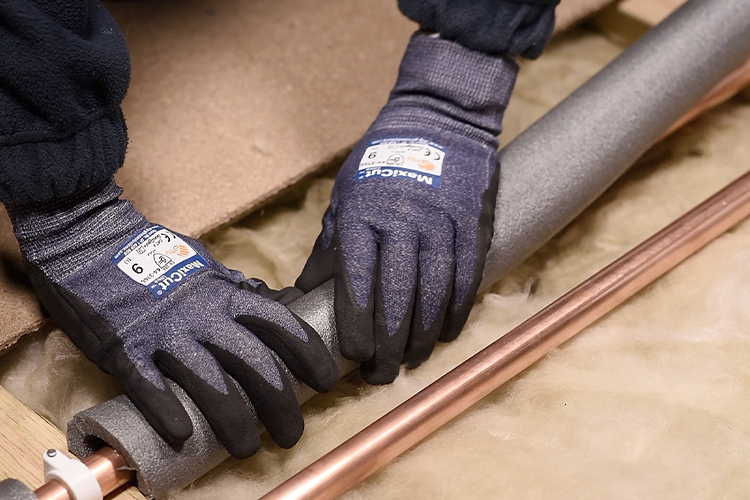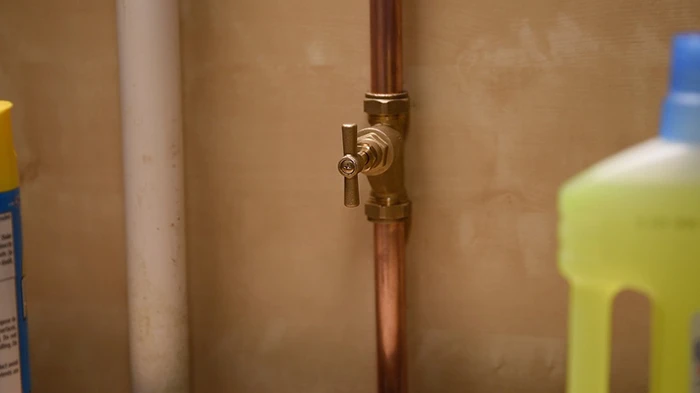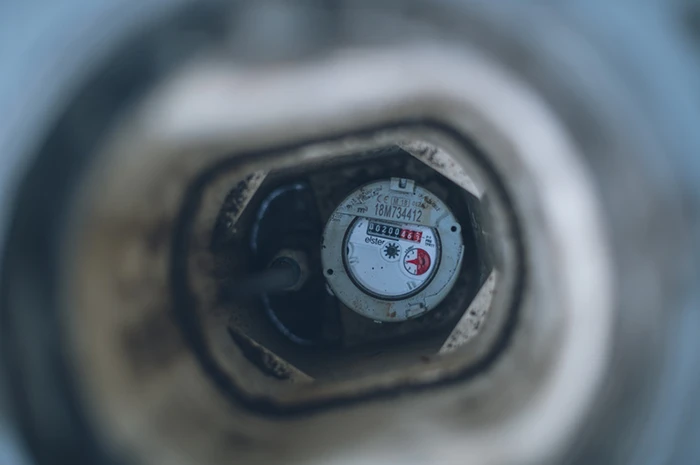- Home
- Your water
- How to prepare your home for winter
How to prepare your home for winter
Get your home ready for cold weather to prevent frozen and burst pipes.
Lag and insulate your pipes
Lagging your pipes will help protect them from the cold, making them less likely to freeze or burst.
It can also help reduce heat loss from hot water supply pipes, which could save you energy and money.
You can easily apply lagging using materials and equipment found online or at your local DIY store.

Find and test your internal stop tap
Your internal stop tap controls the supply of water inside your property.
You should check that your internal stop tap is working to make sure you can turn your water supply off if you have a burst.
We recommend testing it every 6 to 12 months.

Check for leaks
A leaking pipe or tap not only wastes water but also makes your pipes more likely to freeze during winter.
If it isn't fixed before temperatures begin to drop, a trickle of water can become completely frozen.

Winter tips for your home
Other ways to protect your home during winter, while also saving money on your energy bills, include:
- keeping your heating on low when you are on holiday to prevent frozen and burst pipes
- using an outdoor tap cover to prevent it from freezing
- insulating your loft and using draught excluders to keep warm air in and cold air out
- servicing your boiler to make sure it is working correctly
- bleeding your radiators to ensure they are heating your home efficiently
- clearing leaves and debris from your gutters to prevent damage to your walls and roof.
How to thaw frozen pipes
If you have a frozen pipe, thaw it straight away to prevent a burst.
What to do if you have a burst pipe
If you experience a burst pipe, act immediately to limit or prevent water damage.

